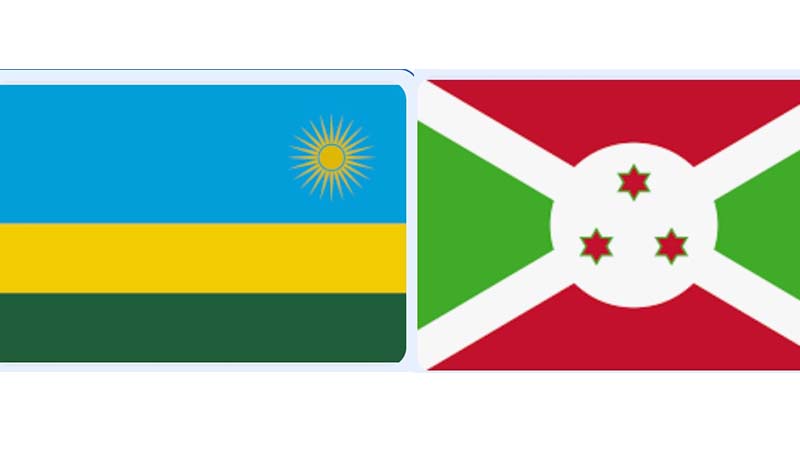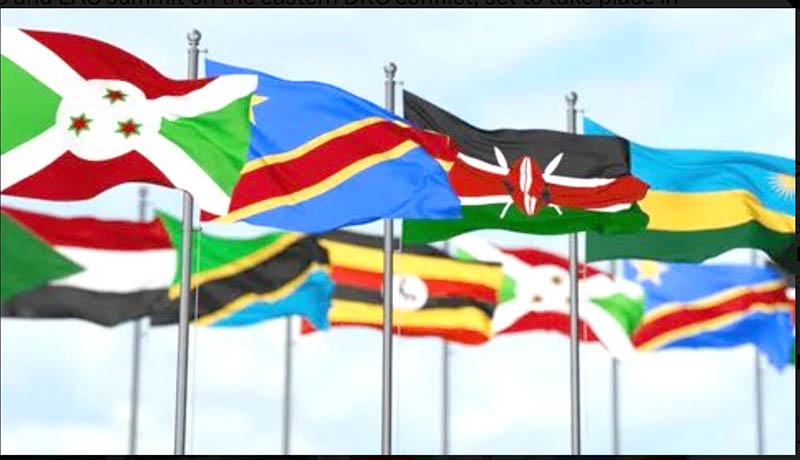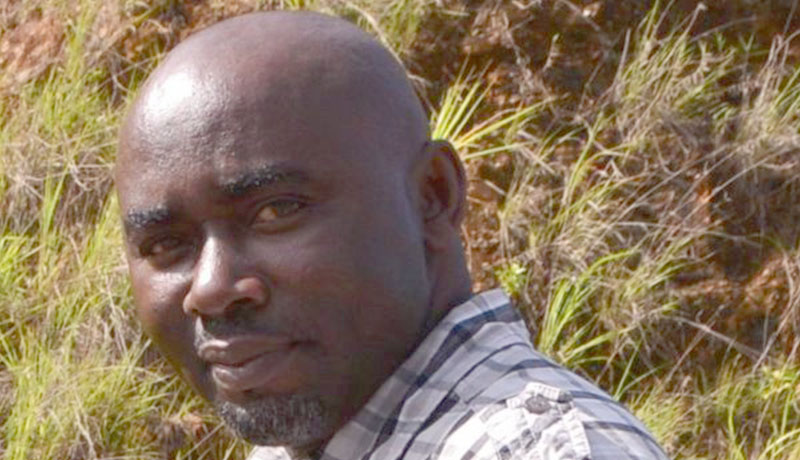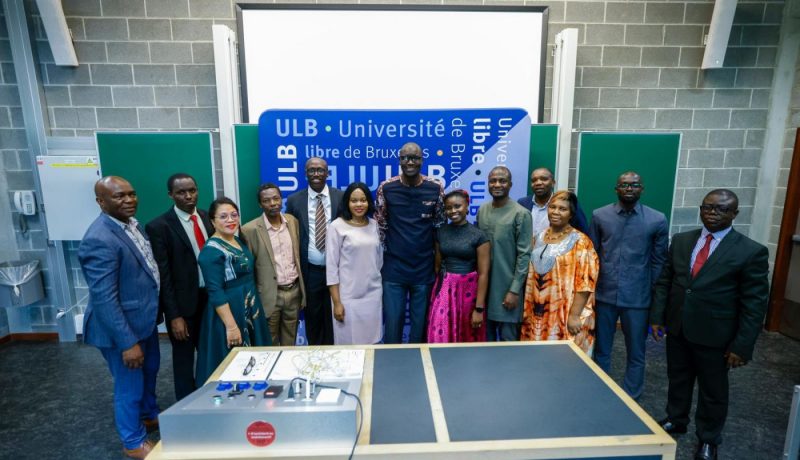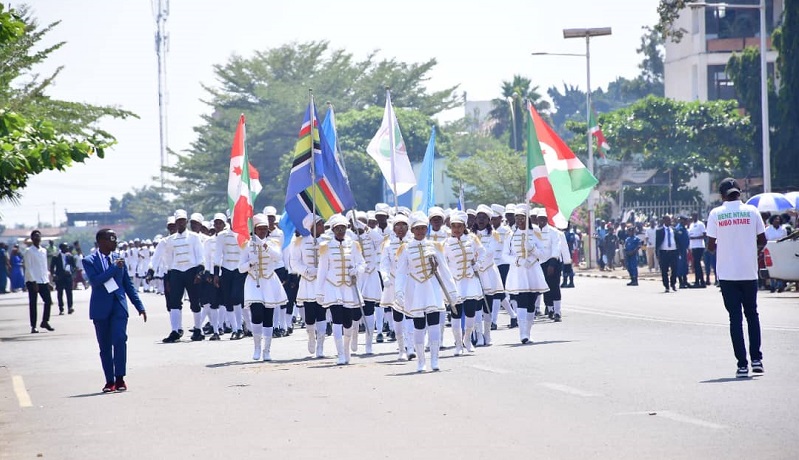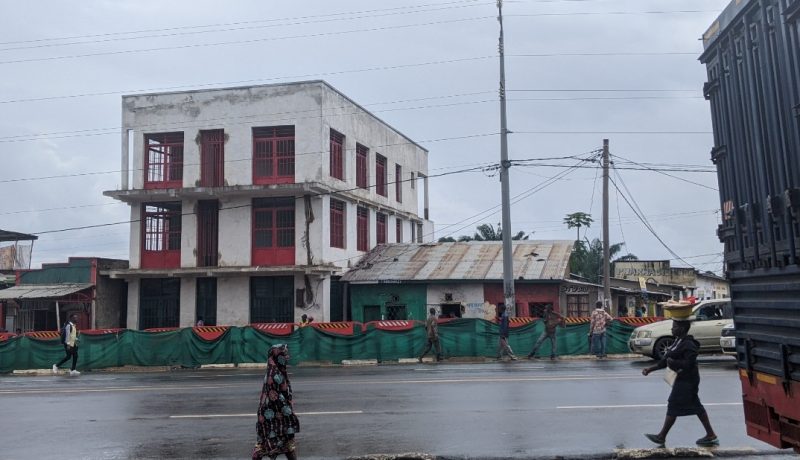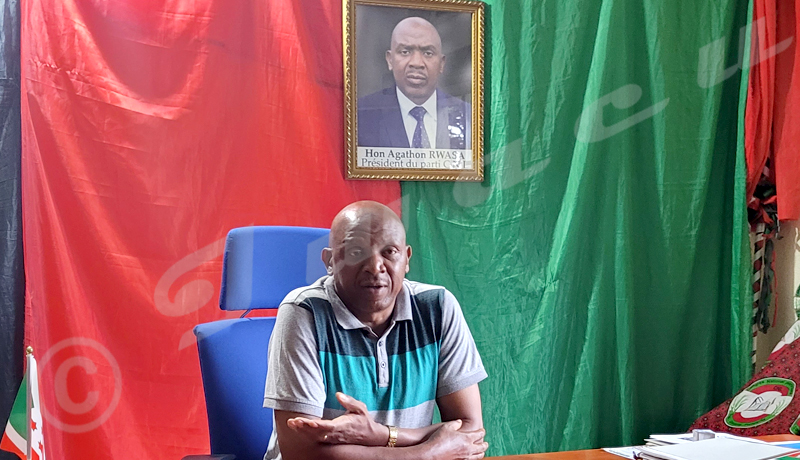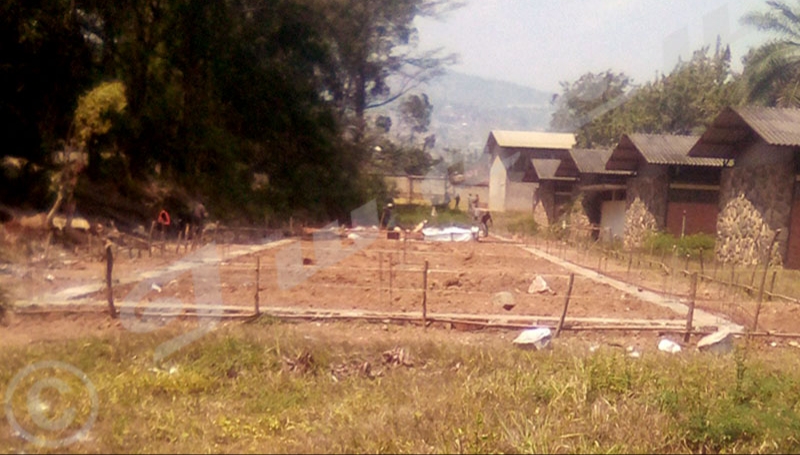Before Kiswahili became an official second language in EAC, a large part of its population was already using it. At one point in time, people were obliged to learn and improve it in order to communicate and to compete. It was also a way to make easy communication with people who were unable to speak English.
Swahili is a Bantu language which is widely spoken in Eastern and Central Africa. It is an official language in Tanzania and it is officially recognized as an official language in Kenya. It is also known and used in major urban centers in Burundi, Rwanda and Uganda. Moreover, Swahili plays an increasingly vital role in the daily commercial, political, cultural and social life of the region at every level of society.
Uganda serves as an example
The Ugandan parliament has approved Kiswahili as the country’s second official language after English which is used as a vehicular language in schools or other educational institutions let alone legislative or judicial purposes as parliaments may prescribe. Indeed, regional communities have come together for purposes of strengthening their competitiveness in the global market. Kiswahili is therefore the language of cross –border trade within the East African region, and it plays a significant role in fostering socio-economic relationships within the region. Kiswahili is also used in Uganda in various sectors. Indeed, professionals like engineers, agricultural extension officers, doctors and technicians use Kiswahili mostly to communicate with the public while carrying out their activities. Kiswahili language was standardized in the third decade of the century so as to have a common way of expression in the entire East African countries for purposes of cultural, educational and socio-political developments. The standard form of Kiswahili is the one that is used in schools, administrations, parliamentary systems and general communication.
Burundi is not spared
During the past years, Burundians have been influenced to learn and speak Swahili. Some were crossing the frontiers especially into Tanzania, others in the Democratic Republic of Congo and of course, they had to communicate using Kiswahili. Through this, they were to learn how to speak Kiswahili even if they have to use a form of Kiswahili that is not a standard one.
Moreover, Kiswahili was and is still important for Burundians especially as a cross border language which helps them communicate and enable a smooth communication with those who do not speak English. Even the government of Burundi has reinforced the knowledge of Kiswahili in introducing programs of Kiswahili in Media (news, magazines, etc). Also, it has implemented programs of learning standard Kiswahili in primary schools and in some Department of Language and Literature at the University of Burundi, and in Private academic institutions.
Seekers are in demand
« We receive intellectual people, especially lawyers. Some lawyers find that nowadays, they get trials of clients who only speak Kiswahili. Then, they have and must learn Kiswahili in order to understand each other. We also have seekers from NGO’s. Some are beginners others speak Kiswahili from streets; which is not standard. » said Marguerite Gakobwa Responsible of language training in Institut Français du Burundi
« Kiswahili language was already in our services and in our programs even before the integration of Burundi in EAC. Expatriates and Diplomatic persons were in a high demand. » recalls Marguerite.
« Kiswahili has a future because it is an International language which is studied in some Universities in America, Europe and elsewhere. That is why the government of Burundi has introduced Kiswahili programs in various sectors. Language is culture. » Mrs Gakobwa concludes. She also invites all those who wish to learn Kiswahili that training sessions will start on September 24 till 30th November. End of registration is October 5th 2012.


